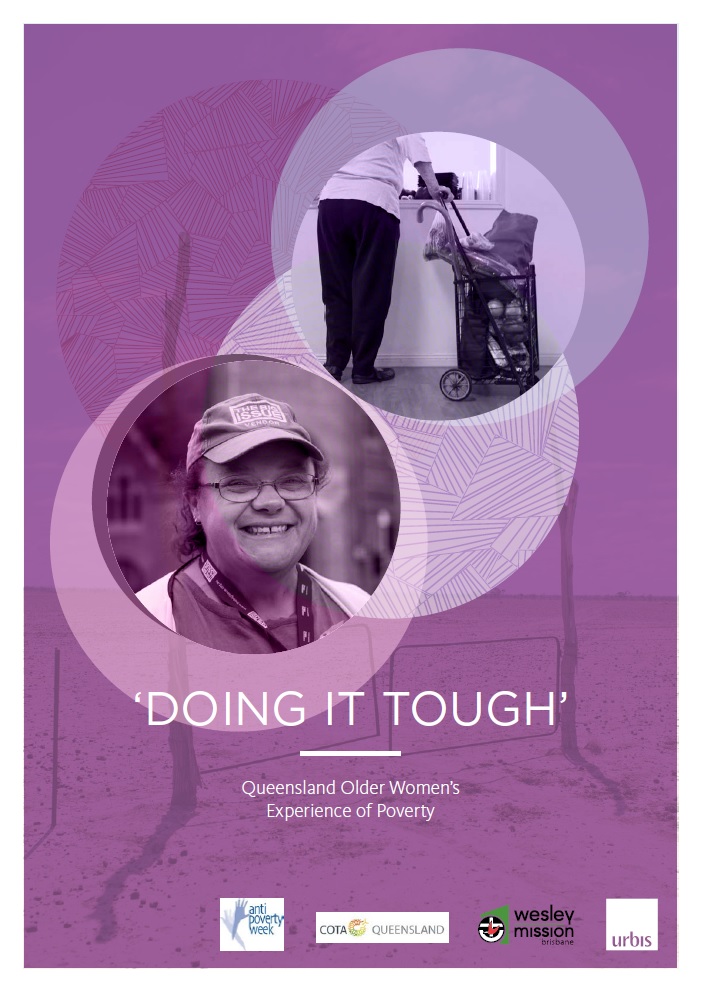It is clear from our research that older women’s experience of poverty and disadvantage is highly individualised, and influenced by a number of factors including where they live.
Over the next 20 years, the continued growth and ageing of Queensland’s population will present a number of challenges for all levels of government, business, service providers and the community as a result of the likely decline in the rates of home ownership, along with cost of living increases and growing demand for targeted services and support.
Critical issues for older women include:
- The need for affordable, secure and appropriate housing
- Support for ageing in place no matter where you live
- Financial independence and security
- Access to essential services, particularly health, and
- Access to communication and support networks.
Without addressing these key elements, the number of older women susceptible to poverty and disadvantage is likely to increase. It is time for a strategic, coordinated and multi-sectoral response, such as the Queensland Government’s proposed Women’s Strategy, to ensure older women, particularly those on low incomes, are able to maintain a good quality of life.
This is an adapted version of a presentation given by Stephanie Wyeth at the Queensland Anti-poverty Week Rise Up breakfast, held in Brisbane on 16 October 2015. For further information of Wesley Mission Brisbane’s Christmas campaign click here.

